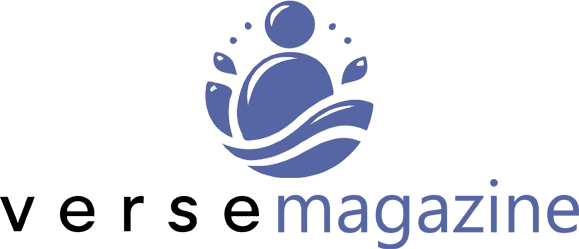Annas Archive has rapidly become a cornerstone of the digital information age. As an open-source shadow library, it offers access to a vast collection of books, articles, academic journals, and more—completely free of charge. This article dives deep into what Anna’s Archive is, how it works, and its role in the ongoing movement for open knowledge.
What Is Annas Archive?
Annas Archive is a non-profit online repository that aims to preserve knowledge and ensure open access to educational resources. Launched in 2022 by activists from the open-access community, the site serves as a backup to other major shadow libraries, most notably Library Genesis (LibGen), Sci-Hub, and Z-Library.
Unlike commercial digital libraries, Anna’s Archive focuses on transparency and resilience. It mirrors content from multiple sources to reduce the risk of losing valuable information due to censorship or takedown requests.
How Does Annas Archive Work?
Anna’s Archive operates by indexing and consolidating materials from several other open libraries. When users search for a book or article, the platform presents download options aggregated from partner libraries and storage databases.
Its infrastructure is designed for redundancy. Data is stored across multiple platforms to guarantee uninterrupted access even if one source is taken offline. This makes Anna’s Archive more than just a search engine—it’s a digital preservation effort.
The Mission Behind Anna’s Archive
The creators of Annas Archive believe that access to knowledge should not be restricted by paywalls or regional limitations. Their mission aligns with the principles of the Open Access movement: free and unrestricted access to scholarly research and learning materials.
By making educational content universally available, the platform supports students, researchers, and self-learners from all corners of the globe.
Annas Archive and Copyright Considerations
Anna’s Archive exists in a legally grey area. While it provides invaluable resources, the platform operates outside traditional copyright frameworks. This has drawn criticism from some publishers and legal entities.
Despite this, its supporters argue that the public good outweighs legal boundaries—especially in underserved regions where access to academic material is limited or nonexistent.
User Experience and Interface of Anna’s Archive
The website features a simple, search-based interface that makes it easy for users to find books by title, author, ISBN, or file type. Results often include file formats such as PDF, EPUB, and MOBI, accommodating different reading preferences.
In addition to books and academic papers, Anna’s Archive also catalogs metadata, enabling precise organization and retrieval of files.
How to Support or Contribute to Anna’s Archive
While Anna’s Archive itself doesn’t charge fees or require registration, users can contribute in several ways:
-
Sharing the platform to increase awareness
-
Uploading new materials (via affiliated libraries)
-
Donating to support hosting and data preservation
-
Reporting broken links or metadata issues
Community involvement is crucial to maintaining and expanding this vast knowledge repository.
Annas Archive vs. Other Digital Libraries
Compared to Z-Library, Sci-Hub, or LibGen, Anna’s Archive serves as a meta-library—it does not host original content, but rather links to where it can be found. Its key strength lies in resilience, transparency, and backup.
While other libraries may go offline under legal pressure, Anna’s Archive seeks to be a permanent digital safety net for information access.
Final Thoughts
Annas Archive is more than just a file search tool; it’s a powerful testament to the digital democratization of knowledge. It challenges traditional publishing models while opening doors for global education.
Whether you’re a student, a researcher, or an avid reader, Anna’s Archive provides a valuable resource in the pursuit of free and open access to information.







